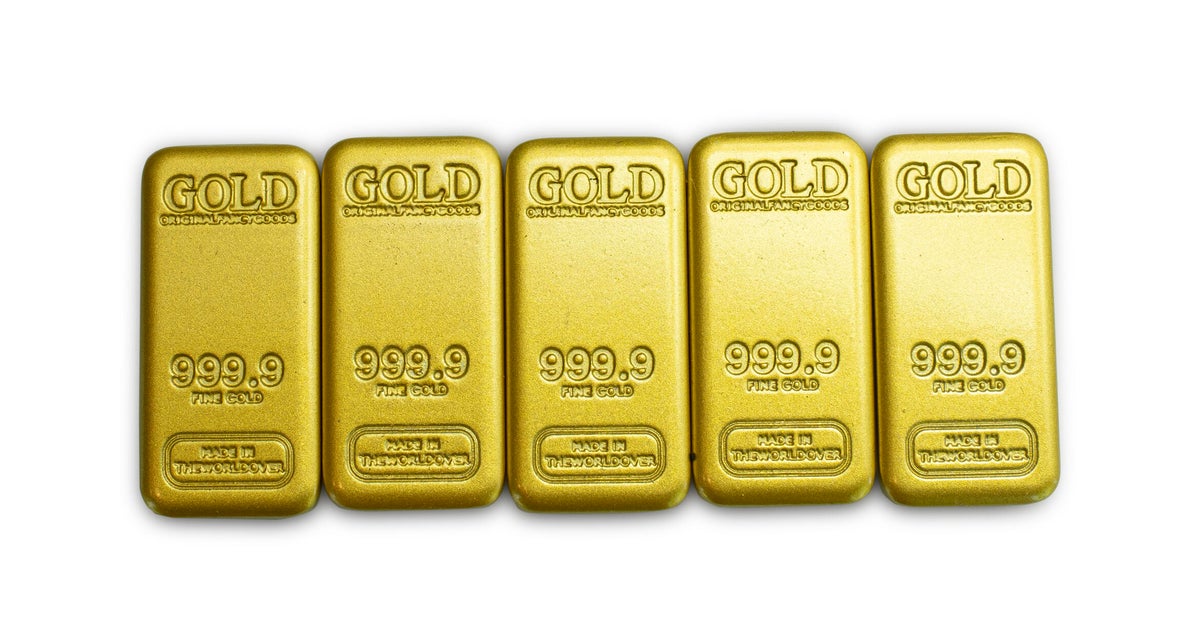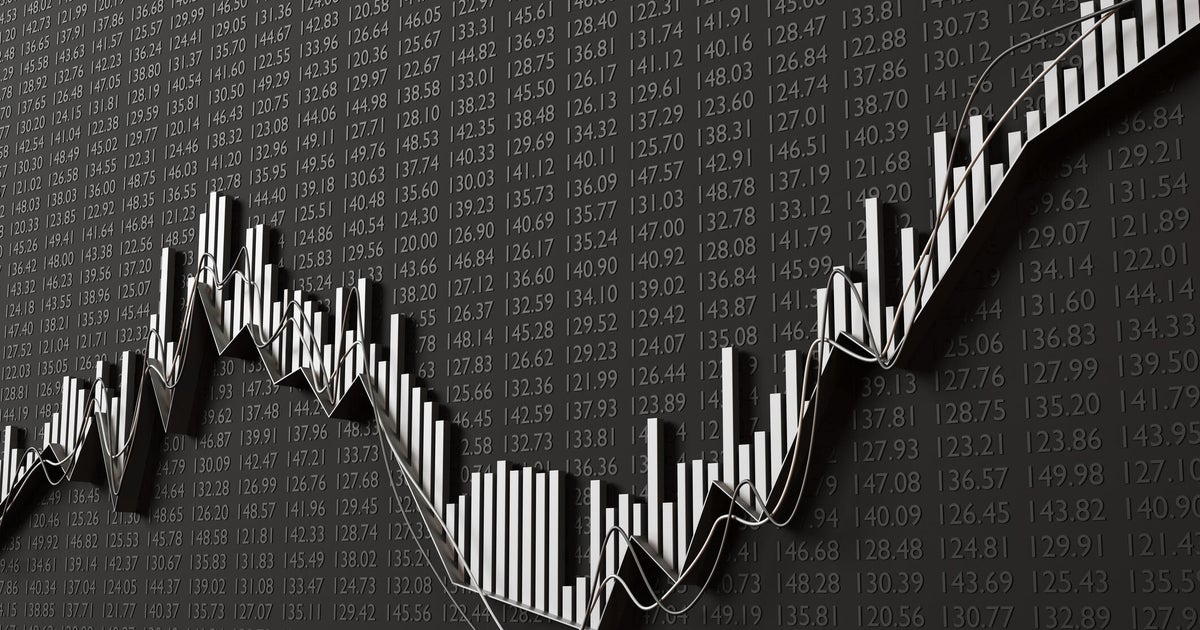Money moves you can use to help ward off inflation
Inflation around the U.S. is at its highest level in decades, with rising prices on many goods and services — from meat and produce to gasoline and cars — eating into Americans' budgets.
Although no one is completely immune from inflation, personal finance experts say there are sensible ways to trim your spending in the short term and at least cushion the blow from surging prices.
Plan ahead and shop around
Food costs are up, while the cost of eating out is also climbing as restaurants hike menu prices to offset their own rising expenses.
"There is a backlog in shipments of all kinds of goods related to food, shopping and commodities, so prices have gone up really high," said wealth manager and Oxygen Financial managing director Mark Scribner.
For example, the price of corn, which goes into feed used to raise cattle, has jumped, driving up the cost of meat. "So that's one that can hit you twice — once in the produce department and again in the meat department," said Greg McBride, a financial analyst for personal finance website Bankrate.com.
Yet not all food costs are going through the roof — there are still deals to be found at the grocery store. As Thanksgiving approaches, it's wise to plan your meal now and purchase goods that are in stock and on sale. Scribner advises avoiding items that are in short supply, and therefore more expensive, and to look for alternatives instead.
"It is by product that it has been impacted, not across the board," he said.
Other savings can be had from buying essentials in bulk at discount retailers like Costco or Sam's Club. And sales as well as paper and digital coupons can help, too, particularly when they are combined.
"Buying an item when it's on sale and you have a coupon is a twofer and also makes a good opportunity to stock up on nonperishable items," McBride said.
When shopping online, be sure to compare deals before clicking "buy."
"If you are on a fixed income but expenses are rising, you're going to feel it in your back pocket quick," said investment planner Bryan Cannon. "With online shopping there are opportunities to look for coupons, to price shop and not just go to Amazon and accept their price. The easy thing is to go online and shop — the harder thing is to go online and actually price shop."
Consolidate credit card debt
The more personal lines of credit you have, the easier it is to miss a monthly payment and hurt your credit score. While it might be tempting to open a low- or no-interest credit card when making a big purchase at a retailer like Best Buy or Home Depot, experts advise against it.
"Very often people open up more credit card lines than is normal," said Nathan Smith, wealth manager at Stivers Financial Services. "Even though some places offer zero percent interest, if you have three or four of those it's common to forget a payment, and it's easy to wreck your credit score that way. If you buy a laptop one place and a lawn mower someplace else, you have to make those payments — and it's easy to forget about it."
On the other hand, it's a good idea to consolidate credit card debt at the lowest interest rate available.
Refinance your home
If you're a homeowner who took out a mortgage before the COVID-19 pandemic, look into refinancing your home while mortgage rates remain low. A little research can save homeowners big bucks, Bankrate's McBride told CBS MoneyWatch.
"Refinancing your mortgage can trim your monthly payments by $100 or $200 per month, creating valuable breathing room at a time when the cost of everything else is on the rise," he said.
Sell your car
Prices for new and used vehicles are skyrocketing as chip shortages slow production. If you own a car or truck you don't desperately need, selling it now might fetch a premium.
"If you're selling a car now, you're benefiting more from supply chain constraints than actual inflation. The reality is most people selling a car are buying another so in that case they're not benefiting. But if you are a pure seller, that's one way to benefit," McBride said.
Invest your cash
During periods of rising inflation, sitting on your cash, rather than investing it, means you're losing money. In other words, the money in your bank account today buys less as the price of goods and services rise.
"For the average consumer, inflation is a cash thief. If you're in cash and inflation is rising 6.2%, you are effectively losing 6.2% of your cash's value," said Shawn Snyder, head of investment strategy at Citi US Consumer Wealth Management, He advises investing in risk assets, including stocks, to generate enough investment returns that offset inflation.
Another good hedge against inflation is investing in Treasury Inflation-Protected Securities, or TIPS. The principal of a TIPS, which is a Treasury bond, increases with inflation; when the bond matures, the investor is paid either the adjusted or original principal, whichever is greater.
"In times like these, it's common for a lot of people to take a hunker-down approach and put as much money in savings as possible to survive the storm. But in order to survive high inflation you have to do the opposite," Smith of Stivers Financial Services said. "If you have that much money in a bank account earning next to nothing, there's no way you're going to keep up with inflation."
It's also often wise to invest in index funds like the S&P 500, which are good at keeping pace with inflation.
"It's a great time to be invested in stocks or index funds. That's your best opportunity," Smith said.



